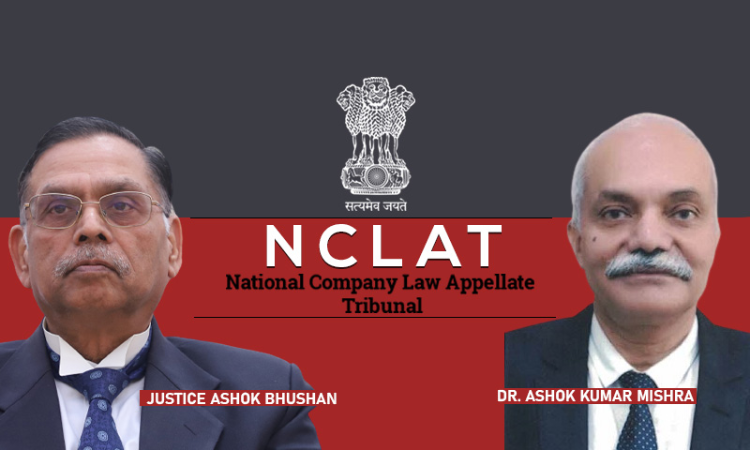No Conflict Between Section 17B Of The PF Act And IBC, NCLAT Directs Full Payment Of PF
LIVELAW NEWS NETWORK
18 March 2022 12:29 PM IST

Next Story
18 March 2022 12:29 PM IST
The NCLAT, Principal Bench consisting of Justice Ashok Bhushan, Chairperson and Dr. Ashok Kumar Mishra, Technical Member in the case of Sikander Singh Jamuwal v. Vinay Talwar held that there is no conflict between the provisions of Section 17B of the Employees Provident Fund and Miscellaneous Provisions Act, 1952 and the Insolvency and Bankruptcy Code, 2016 and directed...
